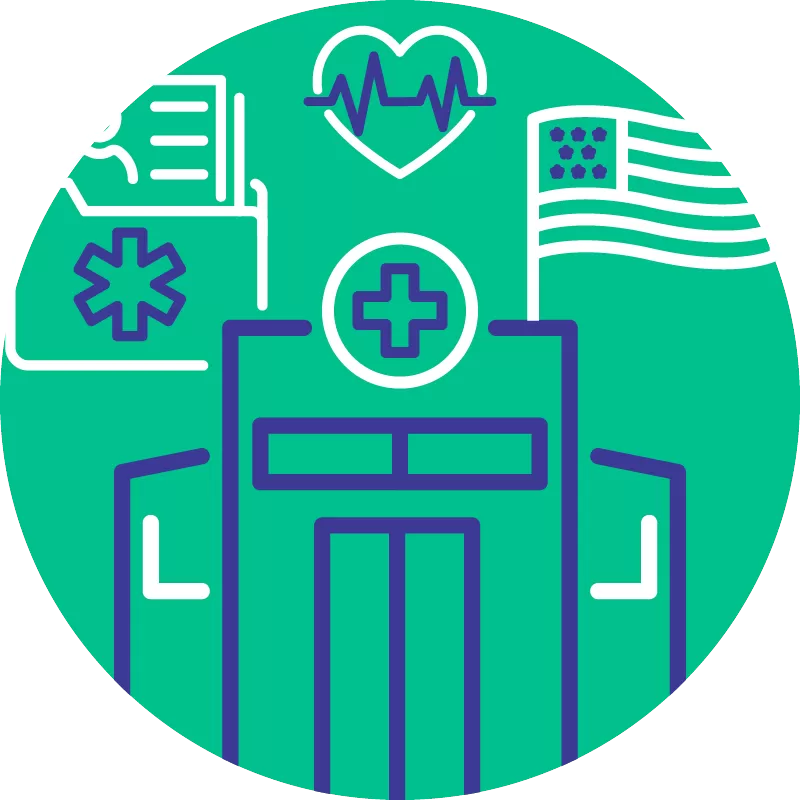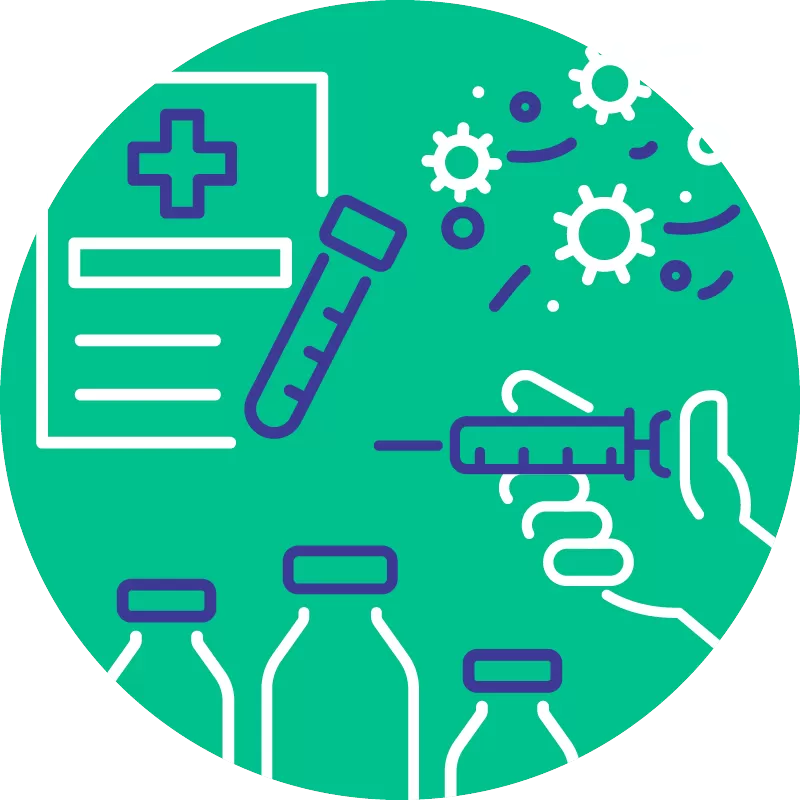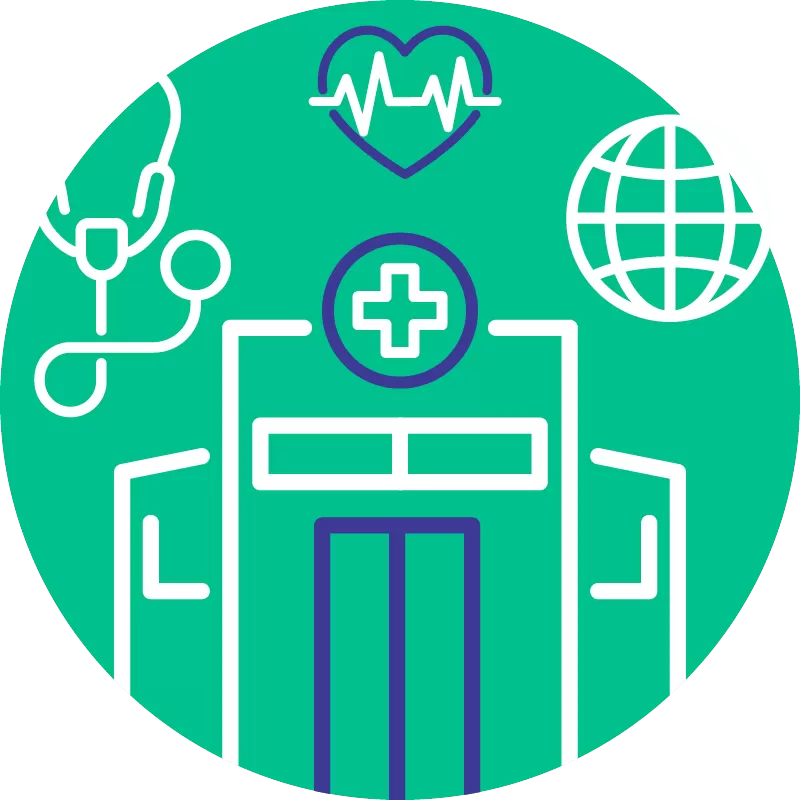For All Families
Whether your loved one was diagnosed yesterday or 20 years ago or more, we share a common bond. Several members of our staff and most of our trustees have a teenage or older child with Rett syndrome. Like you, there is nothing we want more than to heal our children. We have so many reasons to be confident that your child and ours will benefit from the research that RSRT is advancing.
We recognize that you may have as much or more experience than we do with living with Rett syndrome. You also likely know the Rett community well. We want to know you and to learn from you.


Daybue™ (trofinetide)
In March 2023 the FDA approved DAYBUE as a treatment for Rett syndrome. Our science team, in response to many families asking for our help in understanding the results of the clinical trial, prepared a document called DAYBUE (Trofinetide): Key Facts for Parents (click below). The purpose of this document is to provide facts to help families and their physicians make their own risk: benefit assessment about DAYBUE.

Sign up for the Global Registry today for a chance to win a VISA™ gift card (up to $250). The giveaway is open to existing and new registrants. Click below to learn more.
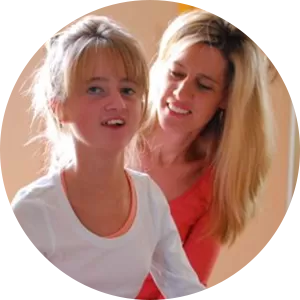
We’re more excited than ever about the research that RSRT is spearheading. So much progress has been made in recent years, which is why we’re involved with the organization.
How to Get Involved Today
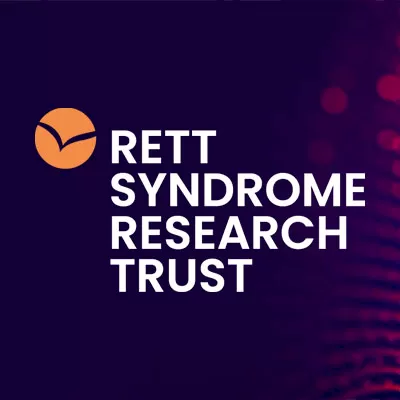
This will give you access to our research updates, webinars and other happenings as well as add you to our database to connect you with other parents in your area. It takes only a minute and it's well worth the time!
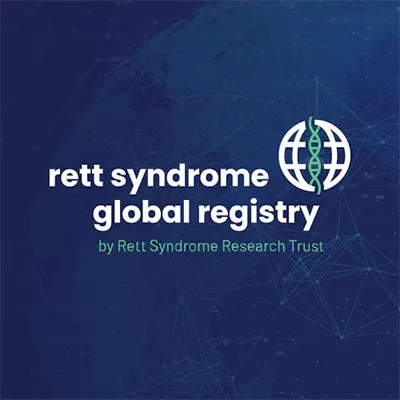
The Rett Syndrome Global Registry is a powerful way for you to advance cures. The information you possess about your child is priceless. Put that information to work and help your child and the entire Rett community.
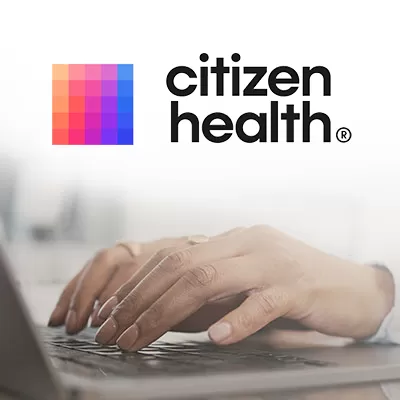
Share your child's electronic health records and help us learn more about Rett while advancing drug development efforts. Just takes a few mintues to join. US only.

Whether it’s starting a big event, a happy hour, launching a crowdfunding campaign on RettGive, starting a fundraiser on social media platforms, or getting creative with something entirely new, know that your effort accelerate cures.
About Rett Syndrome
Imagine the symptoms of autism, cerebral palsy, Parkinson’s disease, epilepsy, and anxiety disorder … all in one little child.
Rett syndrome is a serious, lifelong neurological disorder that is caused by random mutations in a gene called MECP2. Diagnosed primarily in girls, symptoms typically appear in toddlerhood. Many children with Rett are unable to speak, walk, or use their hands. Breathing problems, feeding tubes, seizures, anxiety, and gastrointestinal and orthopedic issues are common. Despite the debilitating nature of the disorder our children are so much more than a laundry list of symptoms. Their beauty and their strength inspire and motivate us.
Rett syndrome stands apart from other neurological disorders due to the dramatic reversibility of symptoms in animal models.
Our confidence that Rett syndrome is curable guides our every decision.
Although rare, boys can also have Rett syndrome. Please visit our Genetics Primer to learn more. With the exception of the MECP2 Reactivation strategy all the research that RSRT supports is also applicable to boys.
Into the Clinic
Genetics 101
Mutations in a gene called MECP2 were identified as the cause of Rett syndrome in 1999, in the laboratory of Huda Zoghbi, MD, at Baylor College of Medicine. First discovered by Adrian Bird, PhD, in 1992, MECP2 produces a protein, also called MECP2, which regulates the activity of other genes. In most cases, the damaged copy of MECP2 can be traced to a random mutation in sperm. The incidence of recurrence in a family is less than 1%.
Although Rett syndrome remains a clinical diagnosis based on the child’s symptoms and history, the identification of MECP2 has made DNA testing and confirmation possible for affected individuals and their families. To date, approximately 95% of girls with a clinical diagnosis of Rett have a confirmed MECP2 mutation.

Rett Fact Cards
Next time you find yourself answering questions about your child and Rett syndrome with people you meet at a restaurant, school function, or standing in line at the grocery store, whip out a personalized Rett Fact Card with your child on it and some important details on how they can get involved. It takes minutes to fill out the form and we'll get you everything you need to get started.



